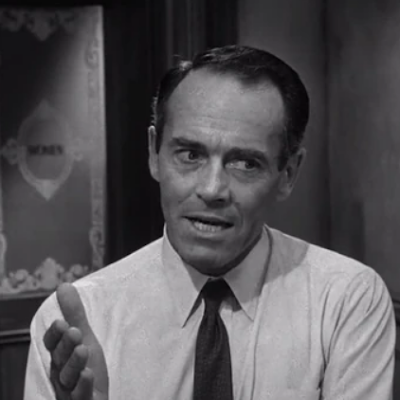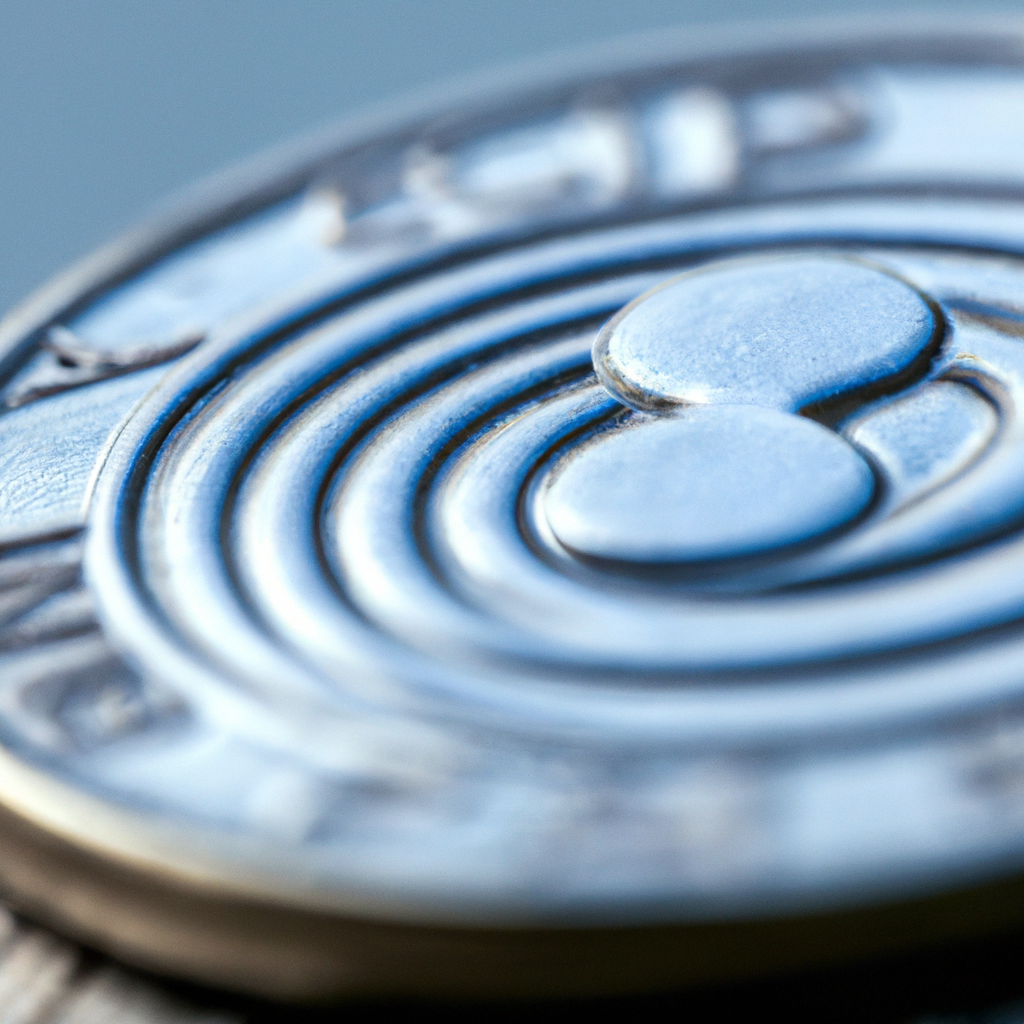The SNB has already tried a lot to weaken the franc. A (google) translation of a list of capital controls of the Never Mind the Markets blog.
The fear of the economic effects Brake by an overvalued franc increases. Massive interventions by the Swiss National Bank (SNB) with € purchases are now ineffective fizzles.
Does it even more in their arsenal? Clear. You only need to look in the gun cabinet to look their own history. Once the SNB was even more specialized to combat the appreciation of the franc, as a fact to pursue an independent monetary policy. No, this is not a lousy assessment of me:
“You know, I have no idea how to make monetary policy under flexible exchange rates. The only person with whom I worked in my life, is the question of how we can combat the flow of capital, how can we prevent that comes into it too much money to Switzerland. “
The above words are from the former National Bank-President Fritz Leutwiler. In his defense, one must know that an independent monetary policy by the end of the Bretton Woods system was not asked. Leutwiler has made the statement to Kurt Schiltknecht, then newly employed in a managerial position at the National Bank. The source is also above suspicion: the anniversary book highly recommended by the SNB in 2007. This is unfortunately out of print, but can be integrally formed as PDF download. The other quotations are from there.
Well, what has come up with anything because the SNB in such a way to weaken the franc? This made in the 70s as “gentleman’s agreements” with the banks, the SNB:
They ranged from the prohibition on foreign funds in domestic securities and real estate through a ban on paying interest on short-term foreign Swiss franc holdings, which were also occupied by a modest “Commission” called negative interest [ie the one who wanted to deposit money into a Swiss account, had to pay for expensive ], with up to collect a minimum balance on foreign money to the banks. Furthermore, since the domestic credit was limited by quotas, it was necessary to submit to the borrowing by residents abroad to authorization by the SNB. This led to greater bureaucracy for authorities, companies and private individuals.
Yes, to deal with the Swiss franc are the National Bank of the principle of the free market has been hard times thrown to the winds. At that time it has not yet promised them so much.
The economic policy of Switzerland would have gone even further. The newly gained monetary independence they would prefer to give up right back: Through a connection to European fixed rate systems, ie, the precursor of the euro. Independence will not have prevented that, but the French:
Indeed, such a candidate already in a meeting with the directors of the Federal Council [the SNB] on 14 March 1973 considered. After the Franks in the autumn of 1974 had appreciated strongly in 1975 and negotiations began. The accession, however, was thwarted by France and was therefore opposed to that of the non-members not materialize [the EEC, the forerunner of the EU] Sweden and Norway. Later, France also turned against the accession of Switzerland to the 1979 enacted the European Monetary System (EMS), which provided adjacent to the fixed exchange rate system, including significant credit support among members.
Sun, the NBS for their so-called “ban-currency economy” until it reached its peak in 1978 more – with the following measures:
The Commission (negative interest) from now 10 percent per quarter, regardless extended from the date of creation on all foreign francs cash in banks, which amounted to more than 5 million francs, and also those from foreign central banks cover … The purchase of domestic securities by foreigners was forbidden. The importation of foreign bank notes in the amount of more than 20,000 francs within three months was banned to prevent circumvention of negative interest rates. The banks had to cover their liabilities in foreign currency by claims in the same amount. Even the introduction of a tax on the turnover in the foreign exchange market (so-called Tobin tax) has been considered by the Board.
And what all of the many measures have been useful? Nothing. They could slow down the overvaluation of the currency just as the recent € purchases.
Klaus Wellershoff correct in his statement, which he identified at the beginning of video interviews were that:
As if … the governments of their currencies at will or devalue. This can be only if you have a fixed exchange rate … all others are exposed to the forces of free markets.
So can we do anything?
If we ever do anything else?
Tags: Capital Controls,franc,intervention,Monetary Policy,negative interest,negative interest rate,Swiss National Bank,Switzerland



































